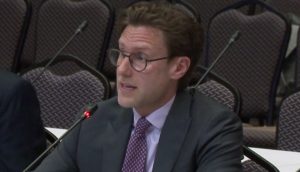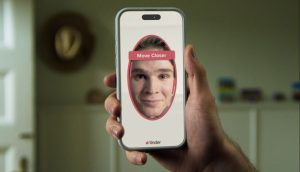Twitter has released a set of commitments it is calling “Twitter 2.0” as the company’s new owner continues to cause uncertainty and confusion about its future.
An unsigned blog post late Wednesday is the first official communication to come from the social media company since Elon Musk’s takeover more than a month ago. Since then, both users and advertisers have largely been informed about changes in Twitter’s product and policies through Musk’s own tweets.
Many of the points in the new post – which largely align with statements and decisions Musk has been making – concerned content moderation. The company’s new owner has raised concerns about misinformation and harmful content from both users and advertisers, many of whom paused activity on Twitter until they had more certainty about the platform’s future.
The company stated that none of its policies have changed, but that it’s approach to enforcing those policies will “rely more heavily on de-amplification of violative content” instead of removing content or banning users. It also echoed a philosophy Musk has previously put forward: “freedom of speech, but not freedom of reach.” The company said that while “bad actors” have been finding new ways to disrupt Twitter, impressions on content that violates its policies are down over the past month.
Recently, Twitter has begun reinstating several accounts that had been banned due to violating policies about misinformation, harassment and inciting harm. Those include Jordan Peterson, Andrew Tate, Project Veritas, The Babylon Bee and former U.S. president Donald Trump.
Twitter also said its Trust & Safety team “remains strong and well-resourced,” though automated detection would be increasingly important to identifying policy violations.
Shortly after Musk took over, the company laid off more than half of its full-time staff and thousands of contractors, with many senior leaders either being let go or resigning. Many now-former Twitter staff, as well as outside observers, have said these cuts will inevitably impact several of the company’s core functions, including moderating content. Those in the ad world have added concern about the platform’s ability to properly serve advertisers and develop new products.
One thing that Twitter said would change was its approach to experimentation and embracing public testing of features and policies.
“We believe that this open and transparent approach to innovation is healthy, as it enables us to move faster and gather user feedback in real-time,” the post said. “We believe that a service of this importance will benefit from feedback at scale, and that there is value in being open about our experiments and what we are learning.”
Despite this, more confusion has been caused by the start-and-stop nature of recent changes on Twitter, such as how accounts were “verified” on the platform. This also led to brand safety issues in the form of users who paid for verification impersonating official brand accounts, as well as misinformation from those posing as news outlets or official sources.























